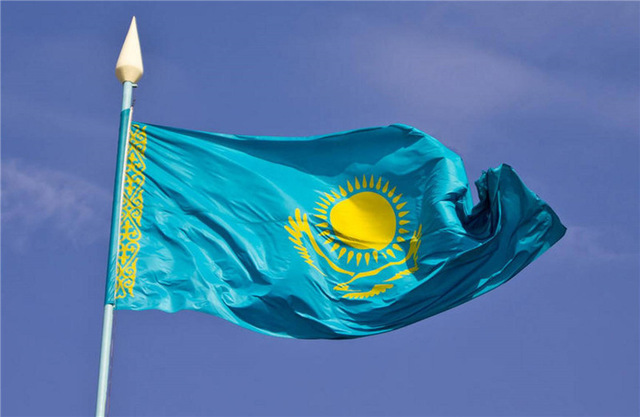Kazakhstan BAB Investment Group will invest 185 billion tenge (US$500 million) to build a recycling plant in Aktobe, the region’s press service reported Dec. 7. The agreement was one of nine, worth a total of 300 billion tenge (US$809 million), signed at the recent sixth International Investment Forum. “Belarusian investors will build an agricultural machinery production plant. A Bashkir enterprise will invest in a plant for production of block-modular and block-frame oil and gas field equipment. The major projects include the modernisation of the existing enrichment plant, the copper-zinc ore deposit at Avangard Aktyubinsk Copper company and the construction of a copper-smelting plant and development of the Benkala deposit,” the press service added.
A new train connecting Almaty and Turkestan will be operating from Jan. 3, according to Kazinform. The train itself consists of 23 cars, including 19 tourist class cars, a bar, a restaurant and two technical cars. The Almaty-Turkestan route will take 13 hours, 23 minutes; the return is slightly faster at 13 hours, six minutes. The route includes stops at the Shu, Taraz, Shymkent and Arys-2 stations. The train departs on odd days from Almaty and arrives on even days to Turkestan.
The Denis Ten Academy of Figure Skating will open next year, Vlast.kz reports. The concept of the school was discussed with Russian figure skating coach Tatyana Tarasova during her visit to Almaty. The academy will be based at the Khalyk Arena. “The academy was one of his main sport goals. It was his dream. He wanted to name it the Global Skating Academy. We are currently working on this project,” said Oksana Ten, the deceased skater’s mother. Denis Ten, Kazakhstan’s 25-year-old Olympic figure skating champion, died July 19 when he was stabbed after having caught two men trying to steal the side mirrors of his car. The first hearing in their case is scheduled for Dec. 25.
Almaty’s city administration reports that 80 percent of its bus fleet will have been renewed by the end of the year. New parking areas and an electric bus production plant were built to improve the local environment, and the country’s first high-speed public transport (BRT) line was launched in the city. Some 110 kilometers of bus lanes and one-way traffic were introduced on 10 central streets. An automated dispatching control system with a GPS system and video cameras on buses were introduced. Camera traps were set up to catch traffic violations in the city, with 709 lanes now monitored. Two metro stations are under construction to connect the city centre with districts and further territories. “Recently, a car sharing service system was presented. The system allows per-minute car rentals to be booked through an application. The number of registered users exceeds 10,000 people. In total, more than 100 cars are registered. Next year, this figure will reach 500 cars. The system will be launched in March in the capital and at the end of 2019 in Shymkent,” says the report.
The first pressure sensor plant was opened in Atyrau Dec. 15, reported Forbes.kz. The plant produces devices that measure pressure in various industrial and climatic conditions. Initially, the plant will assemble sensors from components supplied by its foreign partner, but local content will gradually increase to 60 percent. The estimated volume of output is up to 2,000 units per year. “Kazakh President Nursultan Nazarbayev instructed the government, central executive authorities, national companies, to use our goods as raw materials, process them and produce goods with high added value. Issues related to product quality and increasing the productivity of a metre manufacturing plant are under control. We believe that the goods will meet international standards due to the experience of our specialists,” said Atyrau Akim (Governor) Nurlan Nogayev at the opening ceremony.
Karaganda industrial enterprises produced goods worth more than 2 trillion tenge (US$5 billion) since the beginning of 2018, said Akim (Governor) of the region Yerlan Koshanov at a recent regional maslikhat session. Growth was observed in all indicators of socio-economic development. “Industrial production increased by 2.3 percent. Agricultural production increased by 4.2 percent. Some 362,000 square metres of housing were created, 1.8 percent more compared to the same period last year. Investments in fixed assets increased by 110 billion tenge (US$300 million) or 26.6 percent. More than 84,000 small businesses are active here,” he said.

